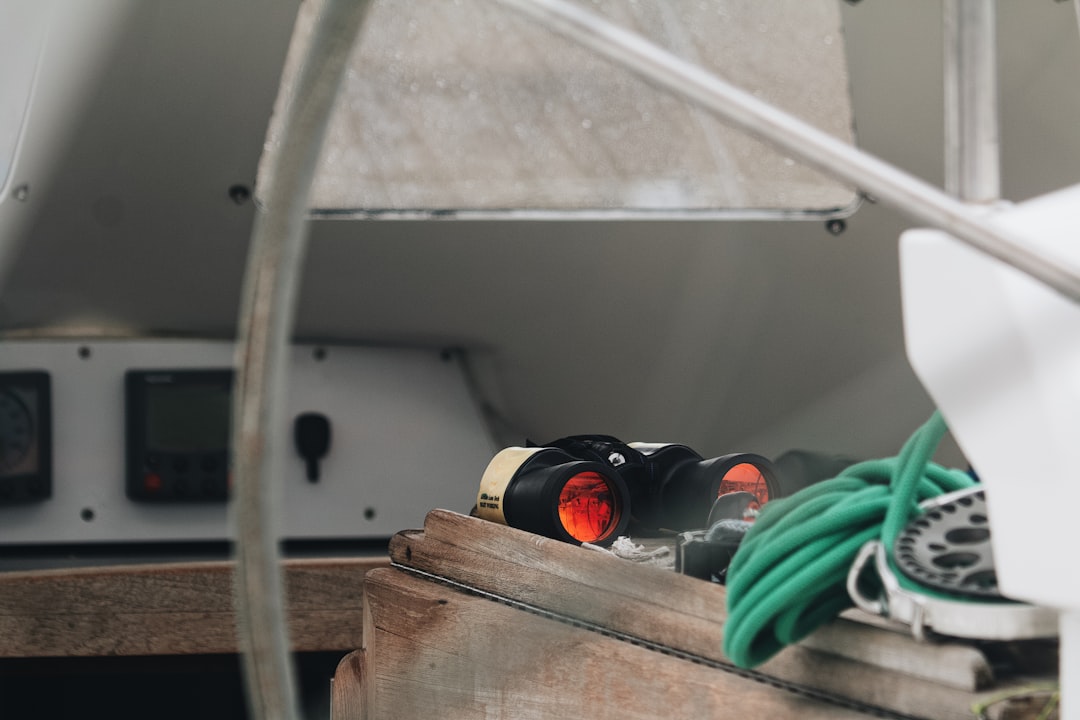
In Austin, the cost of dryer vent cleaning can significantly impact project budgets. For residential builds, understanding these costs is crucial. The average cost for a home-only service ranges from $295 to $342 per visit, while multistory or roof exit vents can cost between $295 and $335. Complex retrofits during remodels, including new duct materials and fire-rated enclosures, range from $300 to $450. These figures are essential for accurate project estimation and client satisfaction.
Accurate dryer vent cleaning estimates ensure compliance with energy codes, improve scheduling efficiency, and reduce liability. For instance, the 2021 IRC Section M1502 sets strict limits on vent length, making precise estimates vital for budget management.
CountBricks offers advanced tools for precise estimates. Features like voice-to-estimate, geo-priced labor, and smart bundling help streamline the process, ensuring competitive pricing and client satisfaction.
During a remodel, replacing a 22-foot plastic vent with rigid duct added $342 to the budget but saved the homeowner $60 annually in electricity. This change reduced fire risk and was executed efficiently through CountBricks.
A clean vent reduces drying time by up to 30%, saving approximately $0.25 per load. For frequent users, the payback on a $150 cleaning is just over a year, excluding fire-risk reduction benefits.
Visit CountBricks.com to access precise estimates and streamline your project workflows.

In Austin's Mueller district, a 2,200 sq ft home project used CountBricks for comprehensive management. The AI flagged a high-risk dryer run, suggesting a booster fan and cleaning, totaling $612. This proactive approach prevented delays and ensured compliance.
Integrating dryer vent cleaning into your workflow protects clients and opens new profit channels. Explore our templates at CountBricks.com to enhance your projects.